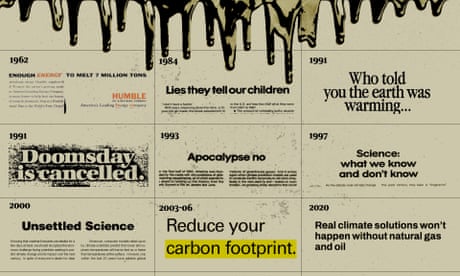By Oliver Milman
...“When the Roman empire fell, (click here) it was largely as a result of uncontrolled immigration – the empire could no longer control its borders, people came in from the east and all over the place,” the British prime minister said in an interview on the eve of crucial UN climate talks in Scotland. Civilization can go into reverse as well as forwards, as Johnson told it, with Rome’s fate offering grave warning as to what could happen if global heating is not restrained.
This wrapping of ecological disaster with fears of rampant immigration is a narrative that has flourished in far-right fringe movements in Europe and the US and is now spilling into the discourse of mainstream politics. Whatever his intent, Johnson was following a current of rightwing thought that has shifted from outright dismissal of climate change to using its impacts to fortify ideological, and often racist, battle lines. Representatives of this line of thought around the world are, in many cases, echoing eco-fascist ideas that themselves are rooted in an earlier age of blood-and-soil nationalism.
In the US, a lawsuit by the Republican attorney general of Arizona has demanded the building of a border wall to prevent migrants coming from Mexico as these people “directly result in the release of pollutants, carbon dioxide, and other greenhouse gases into the atmosphere”. In Spain, Santiago Abascal, leader of the populist Vox party, has called for a “patriotic” restoration of a “green Spain, clean and prosperous”....
October 25, 2021On Thursday, (click here) the National Security Council released a long-anticipated report on what environmental advocates are calling one the most pressing issues of our time: climate change-induced migration. The report is the first U.S. government report on the effects of climate on migration and arrives right as President Biden is slated to attend a major United Nations climate conference in Glasgow, Scotland known as COP26.
The 37-page report, which was commissioned by President Joe Biden in February with an August deadline, notes that climate migration, both within countries and between them, is already here, but is set to get a lot worse. Climate change is expected to displace as many as 143 million people, nearly three percent of the populations of Latin America, South Asia, and sub-Saharan Africa, by 2050. Roughly a quarter of those are expected to migrate internationally as a result of their displacement. The sheer mass of migrants will have “significant implications for international security, instability, conflict, and geopolitics,” the report says. This includes climate change-induced wars and conflicts over natural resources, namely water....
“To be honest with ourselves, yes, this is going to be really hard,” said Mr. Obama, who was welcomed with sustained applause by delegates from nearly 200 nations. “The thing we have going for us, is that humanity has done hard things before. I believe we can do hard things again.”
Mr. Obama noted that the Paris agreement, signed by 197 countries in 2015, created a framework for climate action, but nations, including the United States, failed to follow through on their commitments to keep global warming within relatively safe margins.
“Important work was done there, and important work is being done here,” he said. “That is the good news. Now, for the bad news. We are nowhere near where we need to be.”...

